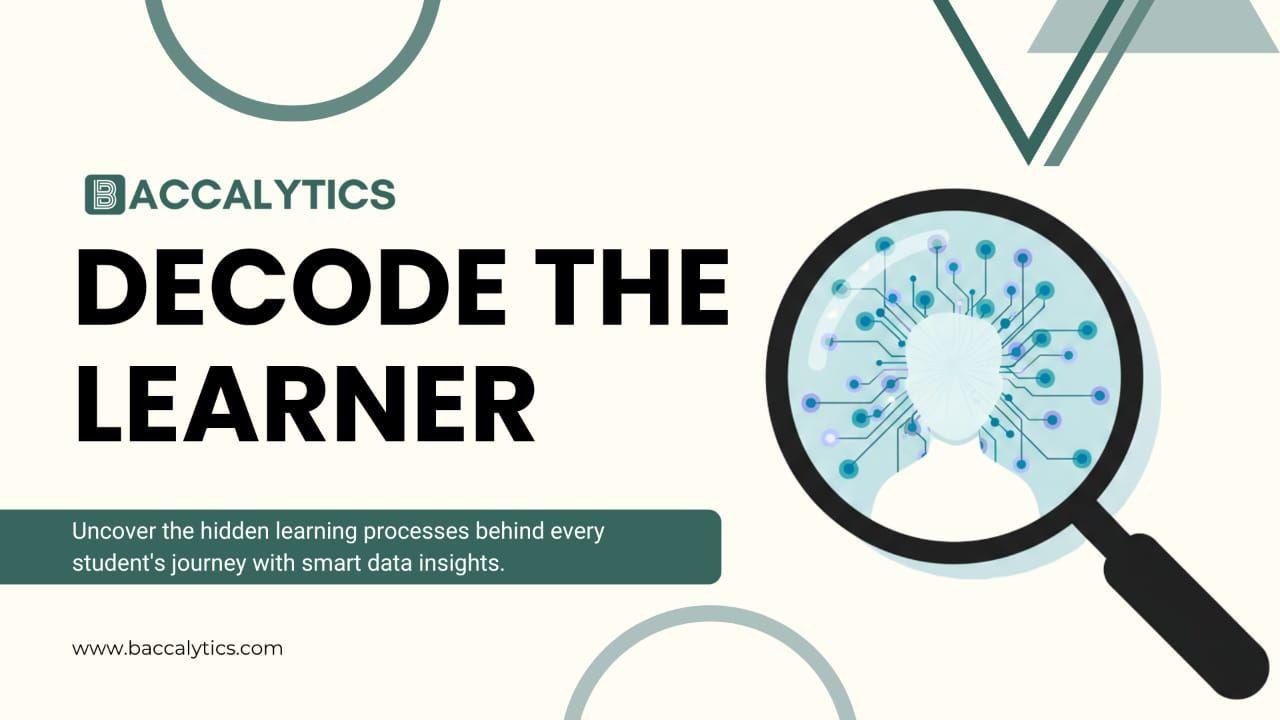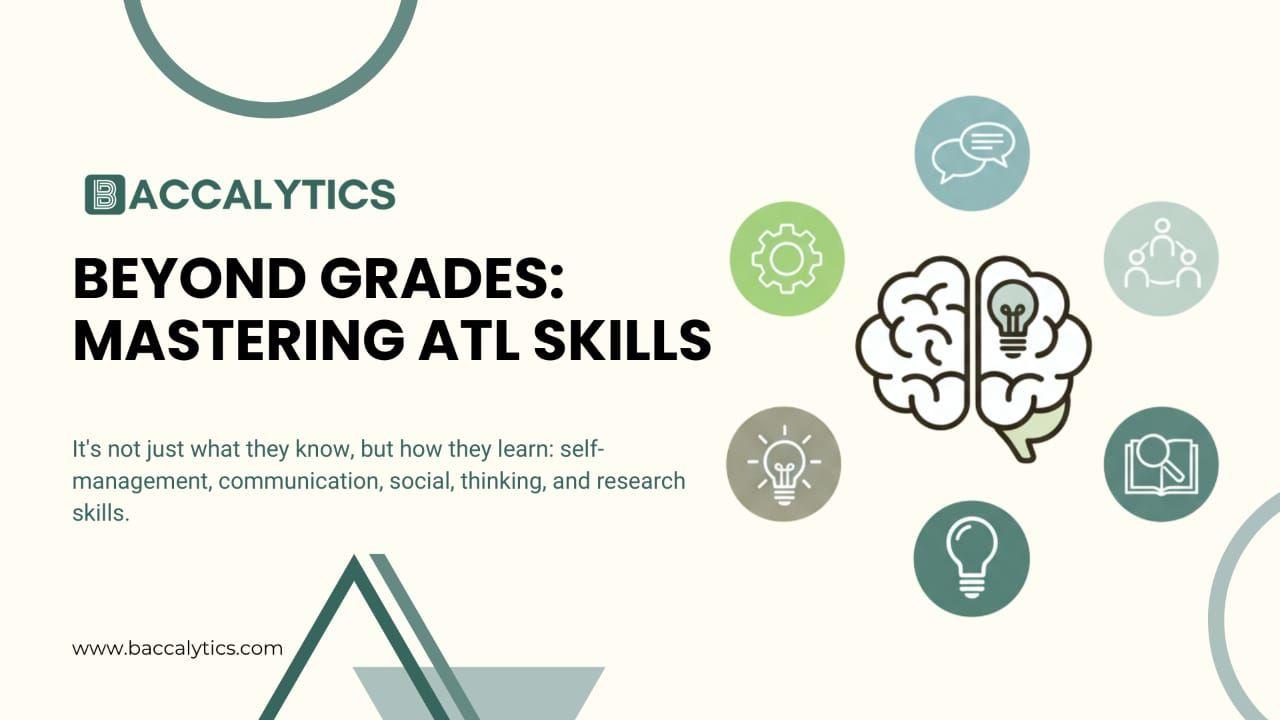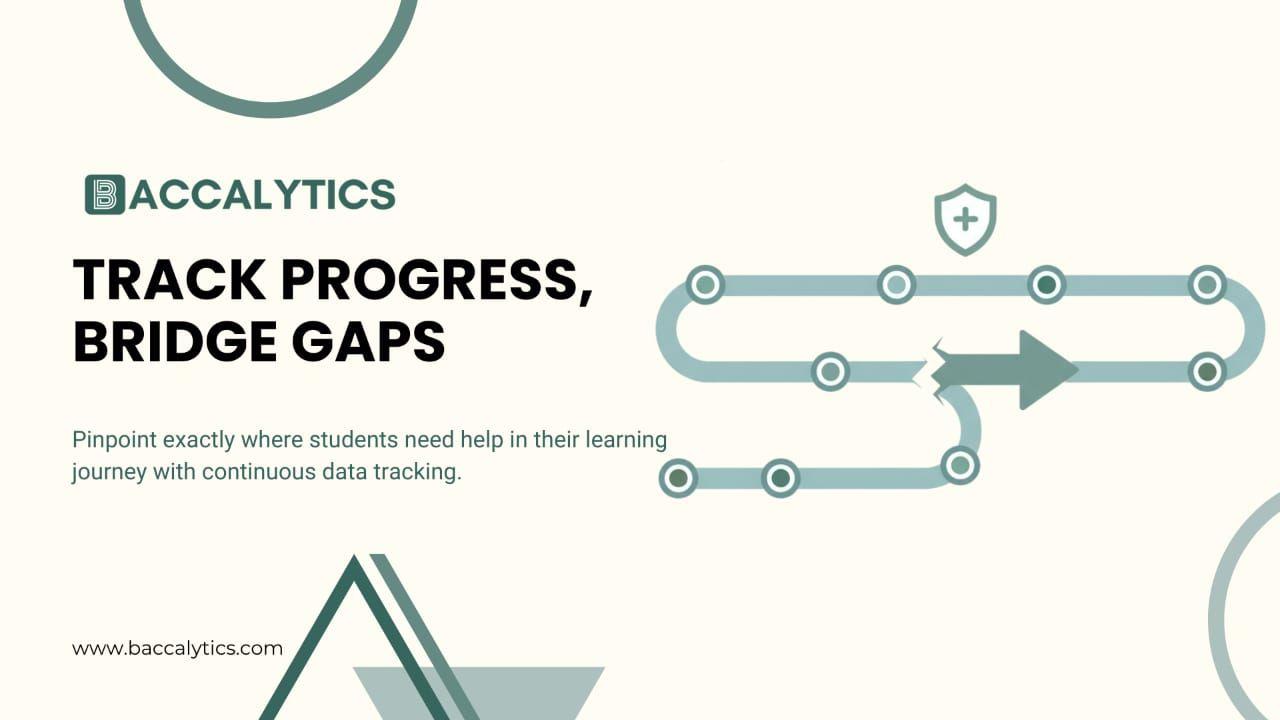
The Teacher's Secret Weapon: Tracking ATL Skills to Unlock Deeper Student Potential
Rabia Mateen
Did you know that non-cognitive skills, like perseverance and self-regulation, are often as important as academic ability in predicting a student's long-term success?
Research suggests that these attributes strongly impact both educational attainment and future career opportunities. It's clear that we need to look beyond test scores to truly support our students.
But how can educators gain reliable insights into these crucial, often hidden, aspects of development? The answer lies in data-driven education that tracks not just what students know, but how they acquire and apply that knowledge.
Beyond Grades: Understanding Approaches to Learning (ATL)

In today's complex world, simply mastering content isn't enough. Students need to develop robust Approaches to Learning (ATL) skills, which are essentially the tools they use to manage themselves, interact with others, process information, and think critically. These skills fall into key categories, such as:
- Self-Management: Think organization, time execution, and emotional regulation.
- Communication: Effective listening, speaking, reading, and writing across different media.
- Social: Collaboration, conflict resolution, and teamwork.
- Thinking: Critical analysis, creative generation of ideas, and reflection.
- Research: Information literacy and media awareness.
These are the foundational capabilities that empower students to become self-regulated, lifelong learners.
The Power of Progress Tracking: Finding the Support Gaps

For a long time, monitoring these essential learning capabilities was largely anecdotal. A teacher might note a student's excellent participation in a group task but struggle to pinpoint why another student consistently misses project deadlines. This is where specialized educational analytics platforms, like Baccalytics, step in.
By consistently tracking student performance across various tasks that involve different ATL components, these sophisticated systems gather valuable evidence on skill utilization. For instance, when analyzing a major research project, the system doesn't just grade the final paper; it records observations and student reflections related to:
- Time Management (Self-Management Skill): Did the student submit milestones on schedule?
- Source Evaluation (Research Skill): Were their sources credible and varied?
- Peer Feedback (Social/Communication Skill): Did they effectively give and receive constructive comments during group work?
This comprehensive approach allows the system to generate a holistic learner profile. This data visualization helps teachers move past subjective assessments and see tangible skill development trends.
Baccalytics: Illuminating the Learner's Journey

Baccalytics takes this concept and transforms it into actionable insights. It shifts the focus from a one-time final grade to a continuous growth journey. Instead of a generic "needs improvement" comment, a teacher using the platform can see a detailed chart indicating that a student generally excels at "Critical Thinking" but consistently struggles with "Organization" within the Self-Management category.
This level of detail is transformative:
- Pinpointing Specific Needs: If a student's score drops on assignments requiring group work, Baccalytics can highlight a dip in Collaboration skills, not just a lack of subject-specific knowledge. The educator now knows to focus on scaffolding effective teamwork strategies, not remedial content instruction.
- Facilitating Targeted Interventions: Teachers can design mini-lessons focused precisely on the identified gaps—be it note-taking strategies or methods for handling emotional stress before an assessment.
- Fostering Self-Reflection: The platform provides students with a mirror to their own learning process. Seeing their personal data helps them understand why they succeed or struggle, empowering them to take charge and set specific development goals. This metacognitive awareness is key to becoming a truly independent pupil.
By leveraging the insights from Baccalytics, schools ensure that their instruction is truly personalized and holistic. They're not just measuring achievement; they are cultivating the essential competencies that prepare every student for success far beyond the classroom doors.
